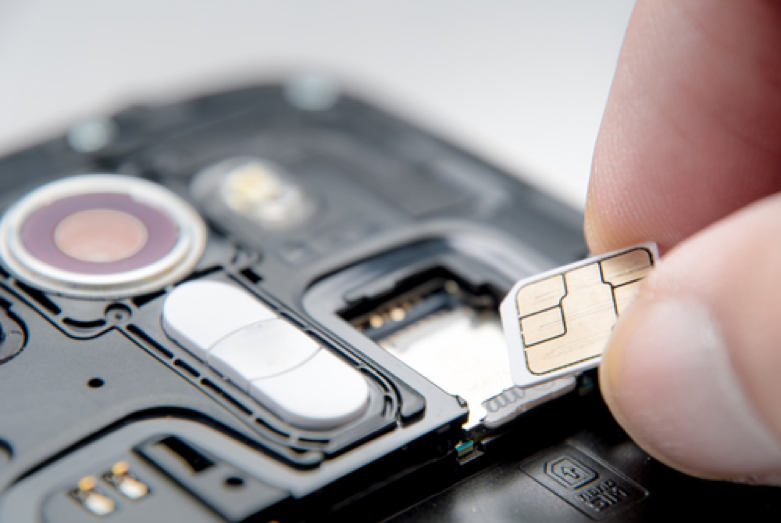Cost, network quality, plan features (such as the amount of allowed data volume) and customer service quality are some of the main reasons for switching carriers.
But switching carriers is a big commitment, and it can have many implications. In addition to how switching can affect your service, you can find yourself paying hidden expenses if you don’t research your decision carefully. IT professionals who are advising management on switching carriers should conduct a thorough assessment of benefits and risks when evaluating prospective providers. Here are four key questions your company should factor into its decision:
How do the costs compare?
For most companies, cost is the priority consideration when choosing phone carriers. However, not all costs are obvious, as Business Insider reporter Rafi Letzter discovered when he switched from a T-Mobile unlimited data plan to another carrier only to switch back again when he discovered how much free data use he had been taking for granted every month.
Make sure you do an accurate analysis of your company’s phone usage habits before estimating the costs of switching. How many lines does your company need? How many minutes does your company use every month? How many long distance calls does your company make? How many international calls? How much data do the members of your company use? Do you require any premium phone management features that cost additional fees? How will your payment cycles and contract be structured? Be sure to review these types of questions thoroughly when estimating costs.
When does my current contract expire?
In addition to estimating the costs of your new carrier’s service, it’s also important not to forget about fees you may still owe your current carrier. The biggest mistake people make when switching carriers is forgetting to check when their contract with their current carrier expires, says finance journalist Mike Timmermann.
This can result in you getting charged for part of your billing cycle for services you’re not actually using. To avoid problems, study the terms of your service contract carefully, and plan accordingly. Timmermann recommends canceling your current service at least four days prior to the end of your billing cycle in order to give yourself enough time to avoid unnecessary charges.
In some cases, your new carrier may be willing to help you pay off your contract with your old carrier, sometimes in exchange for considerations such as trading in your old phone for a new one.
Will I get quality coverage?
Although price is usually a company’s primary criterion for choosing carriers, cost becomes a moot point if you can’t get reliable coverage. Coverage is highly variable and can change as carriers upgrade their networks, and can also be impacted by variables such as weather conditions and whether you’re inside a building.
This makes it vital to verify your coverage before switching carriers. You can check coverage by consulting carrier coverage maps and by talking to users in your area. You can also get independent coverage data from a network monitoring service provider such as RootMetrics, which has conducted 4.7 million tests to check U.S. carrier performance in all 50 states and in the nation’s most populated metro areas.
Will I need new equipment?
Switching carriers may require you to switch to new equipment as well. This can add to your costs, and can also be a practical inconvenience, so it’s important to check whether you’ll need new equipment when changing carriers.
Your prospective provider should be able to verify whether your existing phone will work by checking your device’s International Mobile Equipment Identity (IMEI) number, a unique identifying number issued to mobile phones.
For instance, T-Mobile’s website includes a page where you can enter your IMEI number to check if your device will work on their network. You can obtain your device’s IMEI number by entering *#06# on your keypad. You should also check to make sure your previous carrier has unlocked your phone for use on other networks before setting up your new service.










